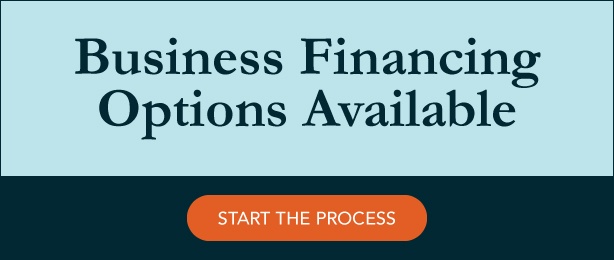April 06, 2022
How to Get a Business Line of Credit with Bad Credit
If you have a poor credit score, it can hurt your chances of qualifying for a credit line, but it isn’t impossible to get improved. In many cases, if you show the lender that you’re working to improve your credit score, they may be willing to provide you with funding.
In addition, if the rest of your business is in good standing, some lenders may look past your bad credit score. For example, meeting the lender’s time in business, annual revenue, and industry requirements could help you secure financing despite your poor credit score.
In this post, we’ll provide several tips to help small business owners apply for a business line of credit, even if they have bad credit.


4 Tips to Help You Qualify for a Business Line of Credit with a Poor Credit Score
1. Be Honest with Your Business Lender
There’s no quicker way to ruin your chances of qualifying for additional working capital than to be dishonest with your lender. If you have a bad credit score, you won’t be able to hide it from your business lender during the application process. Before they determine if you qualify for a credit line, they’ll need to run a credit check and will inevitably find out your scores. Instead, be honest about your credit history, and ask your lender if there’s anything you can do to strengthen your application. Despite your poor credit, they may be willing to provide you with financing, but you may receive higher interest rates and a smaller credit line amount. While honesty won’t necessarily get you approved, dishonesty will ensure the lender rejects your application.2. Take Steps to Improve Your Business Credit Score
Because business credit and personal credit scores aren’t linked, you can build a strong business credit score even if you have poor personal credit. However, to do so, you’ll need to take the following steps:- Incorporate or form a limited liability company (LLC)
- Obtain a federal employer identification number (EIN)
- Open a business bank account
- Register with Dun and Bradstreet to get a D-U-N-S Number

3. Explore Alternative Lenders and Financing Options
Don’t give up after a single — or even several — rejections, especially if you haven’t tried applying to different types of lenders. Relative to larger, established banks such as Bank of America, online lenders tend to have less stringent qualification criteria. The downside is that you may have to settle for a smaller credit limit. Regardless, it’ll be worth your time to evaluate multiple types of lenders to find the best fit for your business.
4. Improve Your Personal Credit Score
Business lenders will review your personal credit history when evaluating you for a business line of credit. That’s why it’s essential to work on improving your credit score. According to myFICO, the five factors (and their relative weights) that affect your personal credit are as follows:- Payment History – 35 percent
- Amounts Owed – 30 percent
- Length of Credit History – 15 percent
- Credit Mix – 10 percent
- New Credit – 10 percent